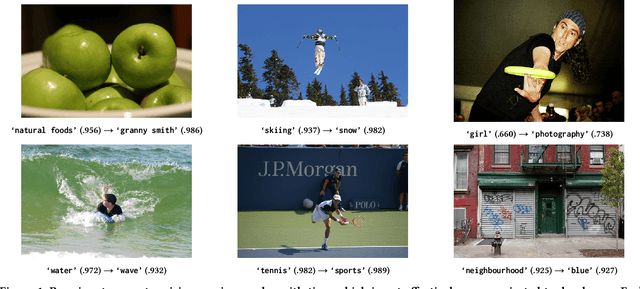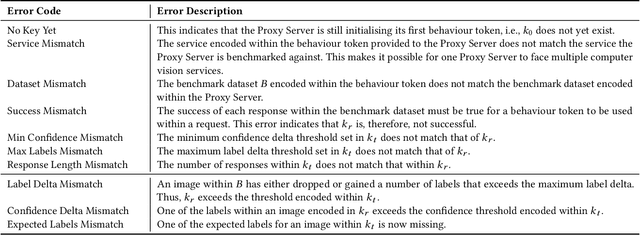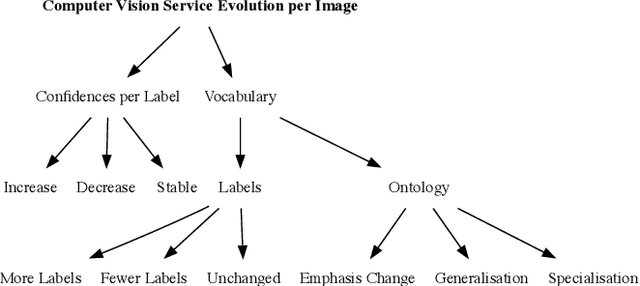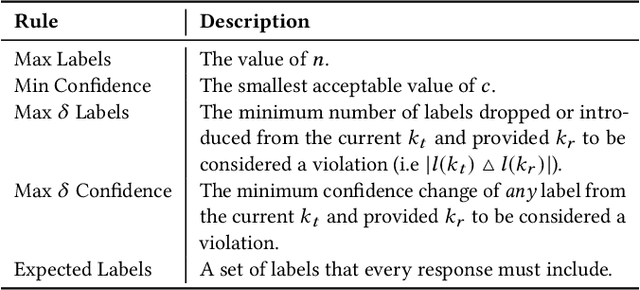Beware the evolving 'intelligent' web service! An integration architecture tactic to guard AI-first components
Paper and Code
May 27, 2020



Intelligent services provide the power of AI to developers via simple RESTful API endpoints, abstracting away many complexities of machine learning. However, most of these intelligent services-such as computer vision-continually learn with time. When the internals within the abstracted 'black box' become hidden and evolve, pitfalls emerge in the robustness of applications that depend on these evolving services. Without adapting the way developers plan and construct projects reliant on intelligent services, significant gaps and risks result in both project planning and development. Therefore, how can software engineers best mitigate software evolution risk moving forward, thereby ensuring that their own applications maintain quality? Our proposal is an architectural tactic designed to improve intelligent service-dependent software robustness. The tactic involves creating an application-specific benchmark dataset baselined against an intelligent service, enabling evolutionary behaviour changes to be mitigated. A technical evaluation of our implementation of this architecture demonstrates how the tactic can identify 1,054 cases of substantial confidence evolution and 2,461 cases of substantial changes to response label sets using a dataset consisting of 331 images that evolve when sent to a service.
 Add to Chrome
Add to Chrome Add to Firefox
Add to Firefox Add to Edge
Add to Edge